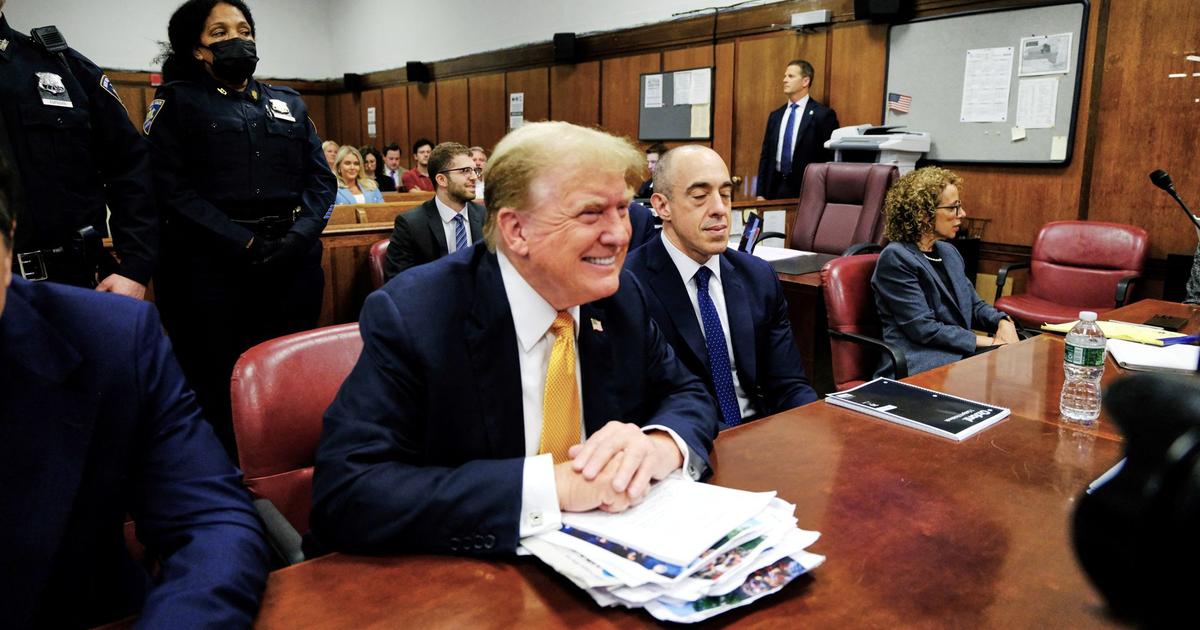Historic Trial Against Donald Trump Enters Final Phase
The historic trial against Donald Trump in New York is reaching its critical final phase. Held on the 15th floor of the Lower Manhattan courthouse near Wall Street, the trial has been marked by heightened public scrutiny and unprecedented legal proceedings. This marks the first criminal trial against a former president of the United States, indicating its significant implications on American democracy.
After seven intense weeks, 19 trial days, and testimonies from 20 witnesses, the jury comprising twelve ordinary citizens must now weigh the evidence and testimonies presented against Trump. These jurors have been chosen for their impartiality and representativeness, and they carry the heavy responsibility of determining Trump's fate among the 34 charges brought against him. The charges primarily pertain to the alleged falsification of business documents to conceal hush money payments made to adult film actress Stormy Daniels during the 2016 presidential campaign.
Jury Deliberations and Possible Outcomes
On Tuesday, May 28, closing arguments were delivered in the courtroom. The prosecution, led by Alvin Bragg, summarized their case against Trump, focusing on the claims that Trump's former lawyer Michael Cohen facilitated payments to Stormy Daniels, and Trump attempted to falsify documents to cover up the affair to protect his presidential campaign. The defense, represented by Todd Blanche, strived to discredit Cohen and Daniels' credibility as witnesses.
With the closing arguments concluded, Judge Juan Merchan instructed the jurors on how to consider each of the 34 charges individually. A unanimous decision is required to convict or acquit Trump on each charge. Judge Merchan emphasized that any verdict must be based solely on the facts and evidence, beyond a reasonable doubt, and not on preconceived notions or media influence. He clarified that opinions about sentencing or punishment are his sole responsibility, not the jury's.
Given the complexities of the case and the possibility of a 'hung jury'—wherein unanimity is not achieved on any charge—experts like Colleen Kerwick foresee a potential mistrial. If convicted, Trump could face a suspended sentence or even up to 20 years in prison.
Post-closing arguments, the jury has retired to deliberate privately. There's no specified timeframe for their decision, but experts anticipate a verdict by mid-July. The outcome of this case could profoundly impact Trump's future and the broader landscape of American politics.
- The Stormy Daniels affair, named after the adult actress involved, centers on an alleged payment of $130,000 during the 2016 election to silence her about an extramarital affair with Trump. The controversy primarily revolves around the legalities of how these payments were recorded in Trump's business documents.
- Trump's defense team has continually argued that the payments were personal and meant to shield Trump’s family, particularly his wife Melania, from public humiliation, rather than to influence the election. Should the jury find suspicion in Cohen and Daniels' testimonies, it could sway their verdict significantly.






